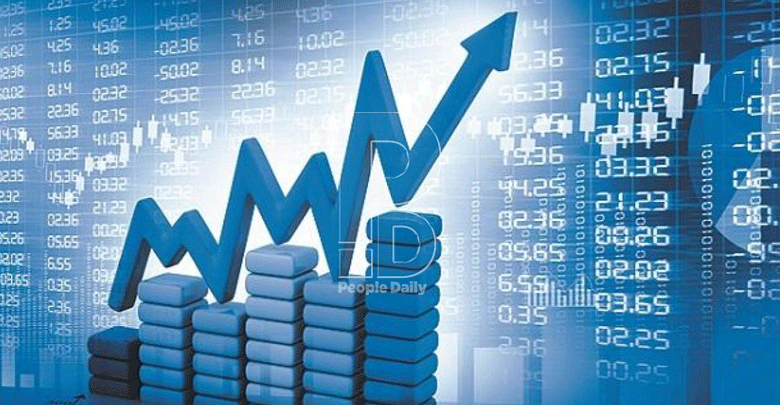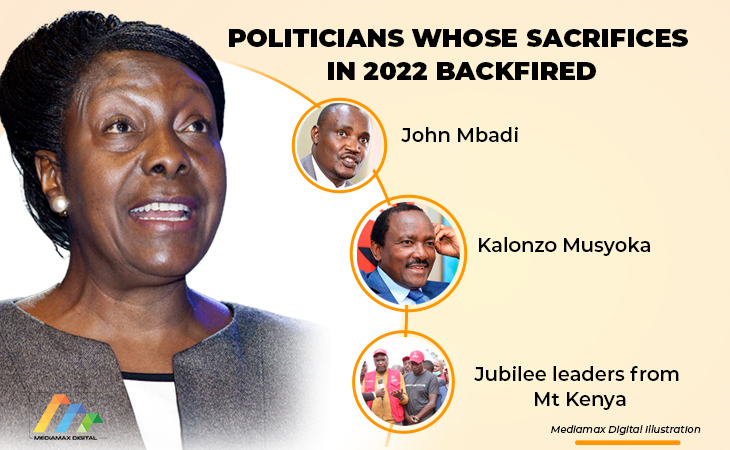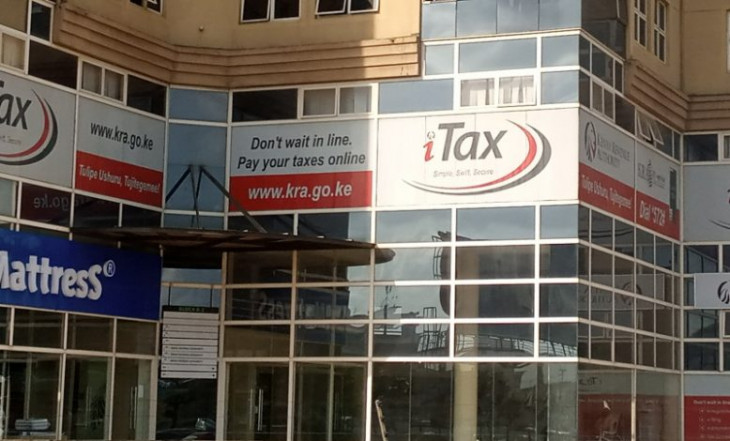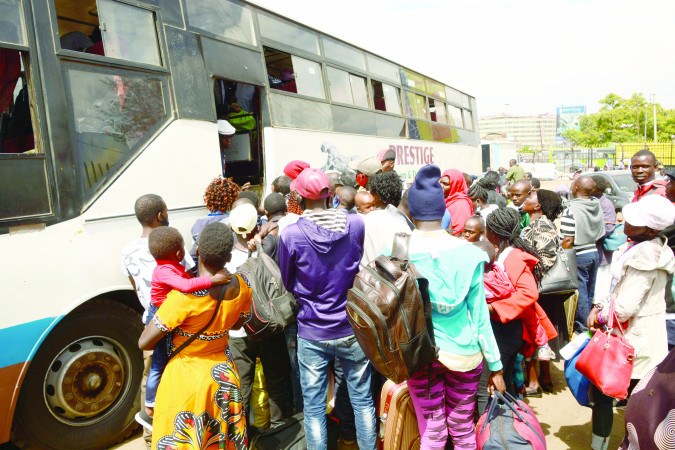How election will impact growth rate

The national budgeting process in an election year presents a tough balancing act for the government due to the immediate financing needs and the normal annual budgetary needs.
Notably, during an election year, there is increased pressure to facilitate election-related expenditure.
Budgetary pressures are compounded by reduced investor confidence due to the uncertainty associated with a General Election. This negatively affects economic growth.
The National Treasury projects that the economy will grow by 5.9 per cent in 2021/22 and 5.8 per cent in the 2022/23 financial years. This is, however, premised on several factors which could have an impact on economic performance.
A slow pace of economic recovery, the effects of the drought in parts of the country and depressed private investment are likely to affect the projected growth. This is also tied with other aspects that are hinged on how the country manoeuvres through the elections.
Revenue collection
Kenya Revenue Authority (KRA) has in the recent past managed to meet or exceed its target collections. For instance, KRA collected Sh976.7 billion in the first half of the 2021/22 financial year against a target of Sh929.1 billion. This is a great performance more so coming amid a pandemic.
But this may be affected by the elections if there is a disruption in business activities. The National Treasury must, therefore, factor in the impact of the likely depressed revenue collections on the implementation of government projects.
Tax exemptions, incentives
The government employs various policy tools to encourage investment which is a major source of growth. These tools are also, in some instances, used to alleviate the cost of living through the reduction of taxes or tax rates as well as the extension of tax rebates and exemptions.
Value Added Tax (VAT) status of basic commodities has over the years oscillated between exempt and zero-rated. This has an impact on the final price of these commodities since when goods are exempt, any related input VAT is absorbed as part of the cost of these goods while manufacturers of zero-rated goods are entitled to claim the related input VAT and offset it against output VAT.
It is common for the government to introduce populist policies such as tax exemptions, rebates and similar incentives in an election year. This has a positive impact on the cost of living but hurts tax collections.
Investor confidence
The uncertainty associated with an election reduces investor appetite and most of them adopt a wait and see attitude until the elections are concluded and the next government is established. The economic approach that is adopted by the new administration is also a key area of interest that deters investors from making long-term investment decisions. It is thus likely that over the next financial year the country may experience a reduction in private investment.
This year’s Budget must, therefore, allocate sufficient resources to critical economic sectors to support the economy in times of reduced private investment.
Service payments
Some of the current MPs, MCAs and other elected officials will vacate office. This is accompanied by payment of their final dues among other related payments. This requires higher budgetary allocations to cater for these costs.
Also notable is that the absorption of funds allocated to various ministries, counties, departments and agencies is affected by changes in the holders of political office. This leads to delays in the implementation of projects which has a knock-on effect on the overall economic output.
By and large, this year’s Budget will have nuances to cater for the impact of the election.











